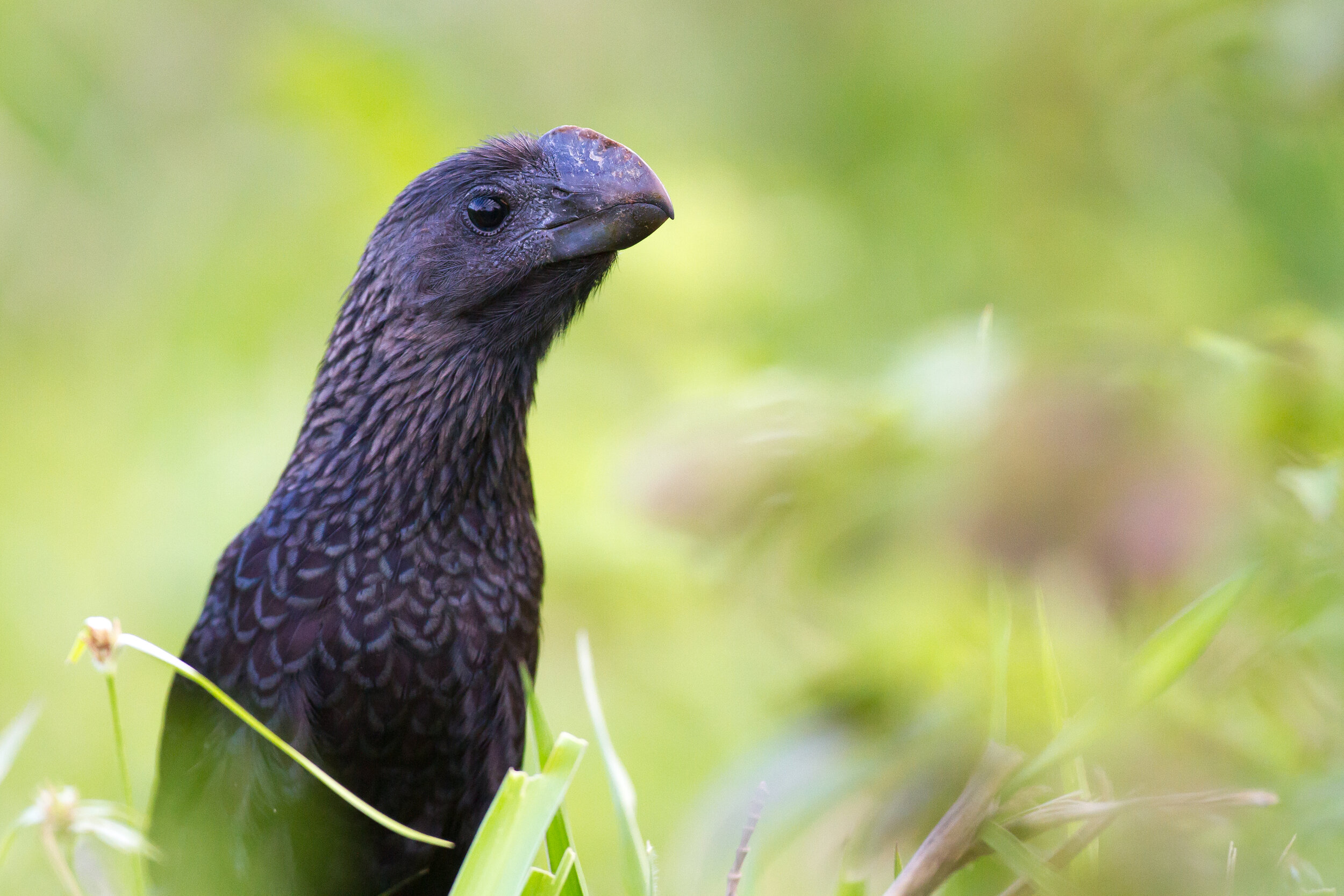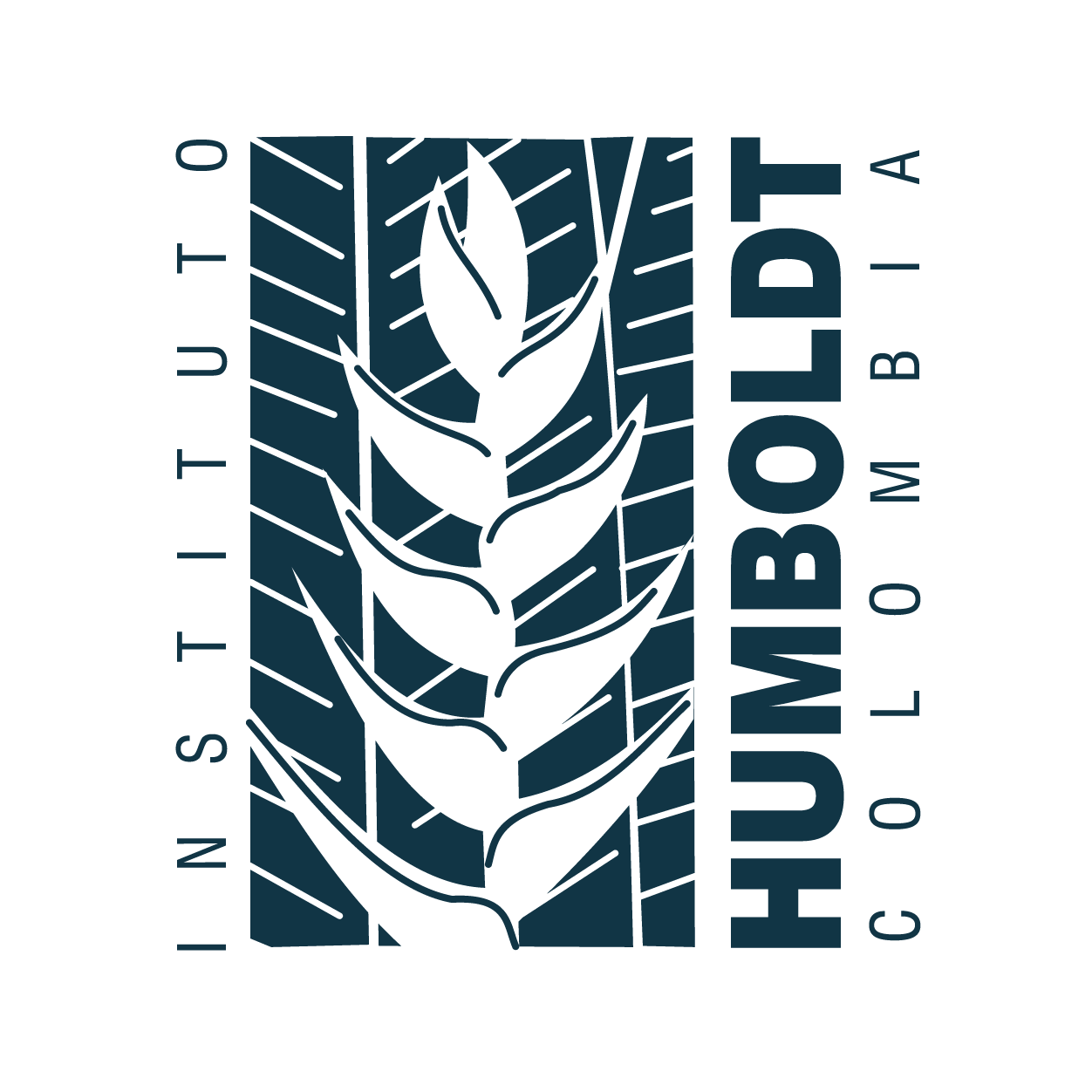
Using birds to understand how pollution impacts biodiversity
Chris Sayers
PhD Student - NSF Fellow
University of California, Los Angeles
I am a bird conservation biologist and ecotoxicologist — an "ecotoxic-ornithologist" — in the Tingley Lab at the University of California, Los Angeles, and a National Science Foundation Graduate Research Fellow in Ecology.
While I am broadly interested in how humans impact biodiversity, I tend to specialize in environmental pollution as a widely-neglected stressor with fatal implications. As species struggle to adapt in a changing world, it is imperative that we understand how pollution can influence their behavior, migratory success, reproduction, and survival, so that we can better inform conservation agendas. My research explores the impacts of gold mining on tropical bird communities via land-use change, mercury pollution, malaria transmission, and overexploitation.
Education
BSc, Cornell University - 2020

Research
Synthesizing over a decade of Neotropical bird mercury data
Environmental mercury contamination has been severely neglected in the Neotropics, despite rapidly growing emissions from gold mining. To improve our understanding of mercury exposure to terrestrial biodiversity, we established exposure baselines for over 300 bird species across Central America, South America, and the West Indies, and quantified Hg prevalence and variation across taxonomic groups and functional traits.
Sayers II, C.J., D.C. Evers, V. Ruiz-Gutierrez, et al. 2023. Mercury in Neotropical birds: a synthesis and prospectus on 13 years of exposure data. Ecotoxicology 32(8):1096-1123.
Additional materials: Presentation, GitHub
Funded by United Nations Minamata Convention on Mercury, USAID, and The Cornell Lab of Ornithology
A collaborative framework for monitoring pollution in the tropics
TRACE - Tropical Research for Avian Conservation & Ecotoxicology
Environmental pollution of the global tropics outpaces our understanding of its consequences for biodiversity, and may contribute to regional bird declines. The TRACE Initiative is an international collaboration and data-sharing platform that produces, and provides unified access to, emerging data on biotic contamination to better inform tropical bird conservation. To contribute to TRACE, click the button below!
Assessing mercury risk in a clade of declining marsh birds
Tidal marsh sparrows are species of conservation concern primarily due to global sea-level rise and habitat loss, but mercury pollution may present additional threats to their reproductive success and survival. We identified clear bioaccumulation differences between species of similar niches, as well as pollution hotspots in previously unsampled areas of their breeding ranges.
Sayers II, C.J., M.R. Roeder, L.M. Forrette, D. Roche, G.L.B. Dupont, S.E. Apgar, A.R. Kocek, A.M. Cook, W.G. Shriver, C.S. Elphick, B. Olsen, and D.N. Bonter. 2021. Geographic variation of mercury in breeding tidal marsh sparrows of the northeastern United States. Ecotoxicology 30(9): 1929–1940.
Additional materials: Slides, GitHub
Funded by The Cornell Lab of Ornithology, Cornell University, NSF, National Fish & Wildlife Foundation, and US Fish & Wildlife Service

Collaborators
















